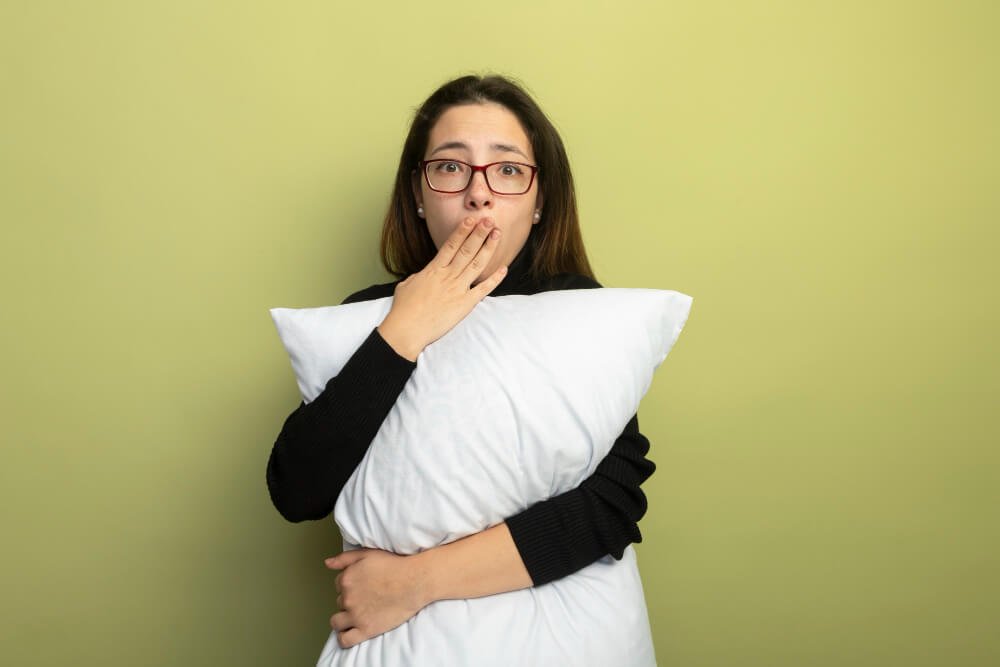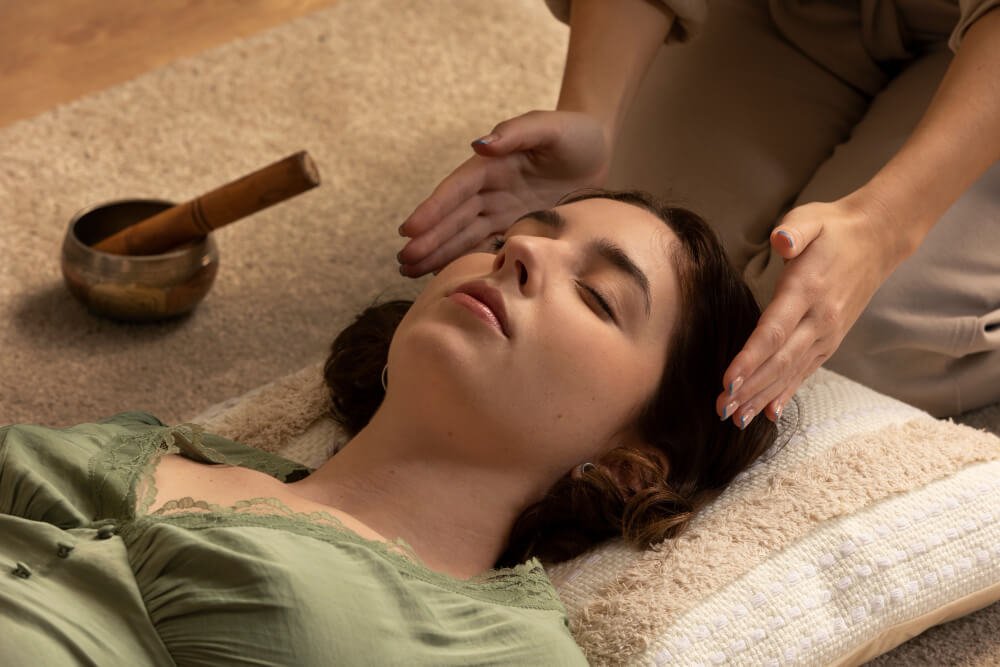Balancing Exercise and Sleep: A Guide to Optimal Health

In today’s fast-paced world, finding the right balance between exercise and sleep can feel like juggling flaming torches while riding a unicycle. It’s tricky, but once you get the hang of it, the benefits are nothing short of amazing. Balancing these two essential aspects of your life can lead to improved health, better mood, and a more energetic you.
Why Exercise and Sleep Matter
The Power of Exercise
We all know exercise is good for us, right? It helps us keep fit, manage our weight, and boost our mood. But did you know that exercise also plays a huge role in how well we sleep?
Regular physical activity helps regulate our internal body clock, reduces stress and anxiety, and can even help with sleep disorders like insomnia. When you exercise, your body gets a signal that it’s time to burn energy and, later, that it’s time to rest and recover. This cycle helps you fall asleep faster and enjoy deeper, more restorative sleep.
The Magic of Sleep
On the flip side, sleep is like the unsung hero of good health. It’s when your body repairs itself, your brain processes information, and your energy stores are replenished. Without enough quality sleep, you might find yourself feeling sluggish, irritable, and less motivated to exercise.
Getting the right amount of sleep boosts your immune system, improves your mood, and enhances cognitive function. Plus, it helps you perform better in your workouts and recover more quickly from them.
How Much Exercise and Sleep Do You Need?
Finding the Sweet Spot for Exercise
The amount of exercise you need can depend on various factors like your age, fitness level, and health goals. However, a general guideline is to aim for at least 150 minutes of moderate aerobic activity or 75 minutes of vigorous activity each week, combined with muscle-strengthening activities on two or more days a week.
Remember, exercise doesn’t have to be a chore. Find activities you enjoy, whether it’s dancing, swimming, biking, or even gardening. The key is to stay active and make it a regular part of your life.
Sleep Recommendations
When it comes to sleep, the sweet spot for most adults is between 7 to 9 hours per night. However, individual needs can vary. Some people might feel great with 6 hours, while others need a solid 9 hours to function at their best.
To figure out your ideal amount of sleep, pay attention to how you feel during the day. If you’re constantly tired, irritable, or find it hard to concentrate, you might need to hit the hay a bit earlier or adjust your sleep routine.
Tips for Balancing Exercise and Sleep
Prioritize Your Sleep
To balance exercise and sleep effectively, start by prioritizing your sleep. Set a consistent sleep schedule by going to bed and waking up at the same time every day, even on weekends. Create a relaxing bedtime routine to help signal to your body that it’s time to wind down. This could include activities like reading, taking a warm bath, or practicing mindfulness.
Time Your Workouts Wisely
When you exercise can affect your sleep. For some people, working out too close to bedtime can make it harder to fall asleep. Try to finish intense workouts at least 3 hours before you plan to go to bed. If you prefer evening exercise, opt for relaxing activities like yoga or stretching that can help calm your mind and body.
Listen to Your Body
Your body is pretty good at telling you what it needs, but you have to listen. If you’re feeling exhausted, it might be better to skip the gym and get some extra sleep instead. Over-exercising without adequate rest can lead to burnout and injuries, so make sure to give your body the rest it needs to recover and grow stronger.
Create a Balanced Routine
Develop a routine that includes both regular exercise and sufficient sleep. This might mean adjusting your schedule to fit in a morning run or an evening yoga session, while still ensuring you get enough shut-eye. The goal is to create a sustainable balance that enhances both your physical and mental well-being.
Manage Stress
Stress can wreak havoc on both your sleep and your exercise routine. Incorporate stress-reducing activities into your day, such as meditation, deep breathing exercises, or spending time in nature. Managing stress effectively can help you sleep better and feel more energized for your workouts.
Fuel Your Body Right
Proper nutrition is essential for both exercise performance and quality sleep. Eating a balanced diet rich in whole foods—like fruits, vegetables, lean proteins, and whole grains—can provide the energy you need for workouts and help you sleep better at night. Avoid heavy meals and caffeine close to bedtime, as they can interfere with your sleep.
Stay Hydrated
Hydration plays a crucial role in both exercise and sleep. Drink plenty of water throughout the day, but try to limit fluid intake before bed to avoid waking up in the middle of the night for bathroom trips. Dehydration can lead to poor exercise performance and disturb your sleep.
The Role of Naps
Naps can be a great way to catch up on lost sleep, especially if you’re feeling particularly tired. However, it’s important to keep naps short and sweet—about 20 to 30 minutes. Longer naps can leave you feeling groggy and interfere with your nighttime sleep.
Monitor Your Progress
Keeping track of your exercise and sleep patterns can help you find the right balance. Use a journal or an app to log your workouts, sleep duration, and how you feel each day. This can help you identify patterns and make adjustments to improve both your fitness and sleep quality.
Seek Professional Advice
If you’re struggling to balance exercise and sleep despite your best efforts, it might be helpful to consult with a professional. A personal trainer can help you develop a workout routine that suits your lifestyle, while a sleep specialist can provide insights and strategies to improve your sleep quality. Sometimes, a little expert guidance can make a big difference.
Understand the Impact of Technology
In our tech-driven world, screens are everywhere—from smartphones to TVs to laptops. The blue light emitted by these devices can interfere with your sleep by suppressing melatonin production. Try to limit screen time in the hour leading up to bedtime. Consider using blue light filters on your devices or wearing blue light-blocking glasses in the evening.
Create a Sleep-Friendly Environment
Your bedroom should be a sanctuary for sleep. Keep it cool, dark, and quiet to promote restful slumber. Invest in a comfortable mattress and pillows, and use blackout curtains to block out any light. White noise machines or earplugs can help drown out disruptive sounds.
Establish a Bedtime Routine
A consistent bedtime routine can signal to your body that it’s time to unwind. Develop a series of relaxing activities you do each night before bed. This could include reading a book, taking a warm bath, or practicing mindfulness meditation. Consistency is key—stick to the same routine every night to train your body to expect sleep.
The Importance of Flexibility
Life can be unpredictable, and there will be times when balancing exercise and sleep is challenging. Be flexible and forgiving with yourself. If you miss a workout because you needed extra sleep, or if you stay up late one night, it’s not the end of the world. Aim for balance over the long term rather than perfection every day.
Listen to Your Body’s Signals
Ultimately, your body knows what it needs. If you’re consistently tired, it might be a sign that you need more sleep. If you’re feeling restless and energetic, perhaps you could benefit from more physical activity. Tune into these signals and adjust your routine accordingly. Your health and well-being depend on your ability to respond to your body’s needs.
The Rewards of Balance
Finding the right balance between exercise and sleep can lead to a healthier, happier you. You’ll likely find that you have more energy, a better mood, and improved overall health. Remember, it’s not about extremes but about finding a sustainable routine that fits your lifestyle and supports your well-being.
Start Today
Balancing exercise and sleep doesn’t have to be complicated. Start with small changes—like going to bed 15 minutes earlier or adding a short walk to your daily routine. Over time, these small steps can lead to significant improvements in your health and quality of life. So, lace up those sneakers, set a bedtime alarm, and take the first step towards a balanced, healthier you.
Conclusion
Balancing exercise and sleep is crucial for achieving optimal health and well-being. Both play integral roles in keeping our bodies and minds functioning at their best. By prioritizing sleep, timing your workouts wisely, listening to your body, and creating a balanced routine, you can reap the benefits of both restful sleep and effective exercise. Remember to fuel your body with the right nutrients, stay hydrated, and create a sleep-friendly environment. Be flexible and kind to yourself, understanding that balance is a long-term goal rather than a daily requirement.
Start with small changes and gradually build habits that support a harmonious relationship between your sleep and exercise routines. The rewards—improved energy, better mood, and enhanced overall health—are well worth the effort. So, embrace the journey towards a balanced lifestyle and enjoy the positive impact it will have on your life.



